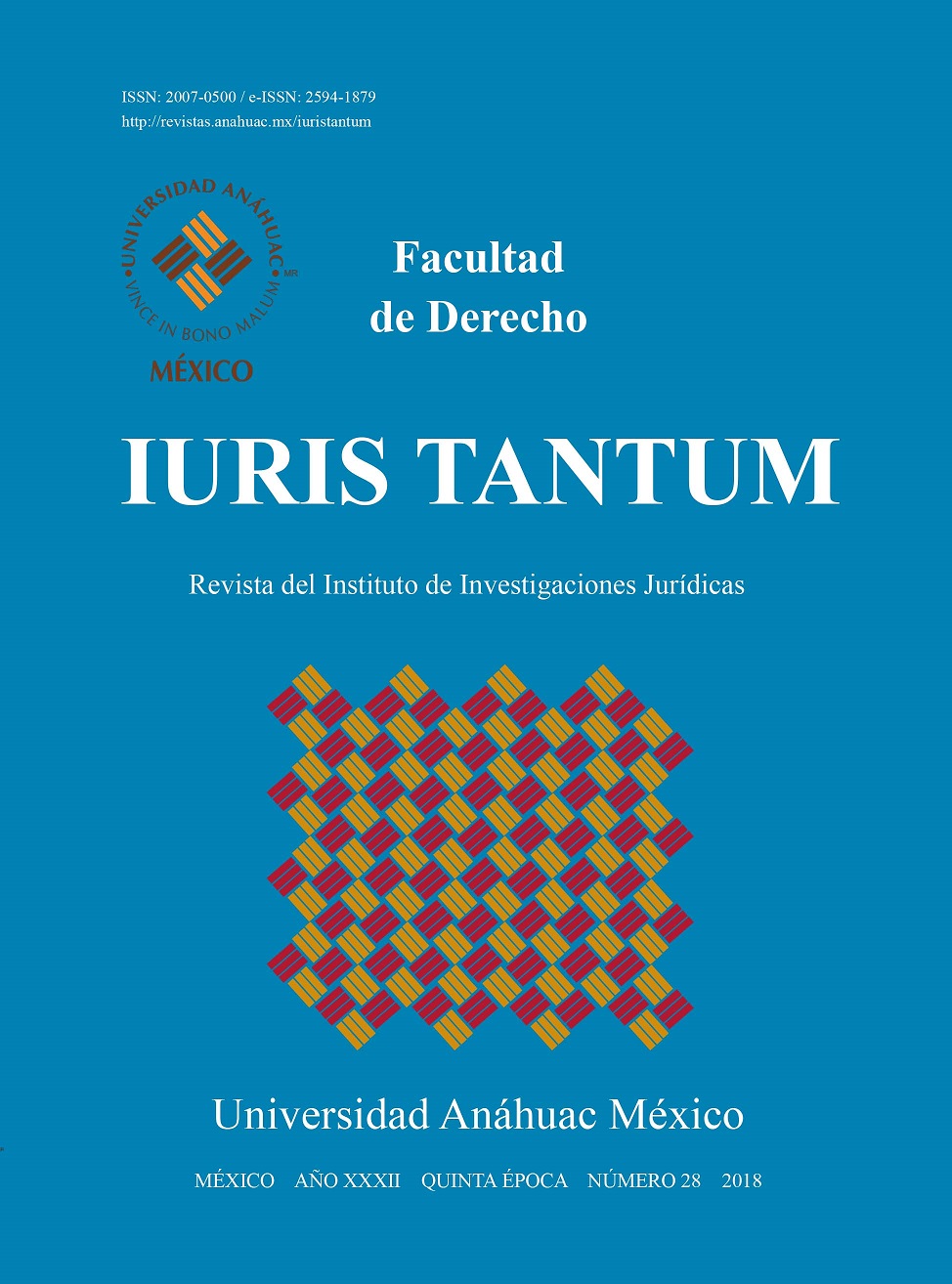Knowledge management and corruption risk evaluation in internal control system: the mexican case
Main Article Content
Abstract
Internal control processes are innovation key factor in organizations. It is not only because could moderate corruption rates, but because improve effectiveness. Changes in the culture of organizations, and in the internal control processes guidelines help performance and governance in public institutions. It is important to develop new public management approaches that are analyse in literature.
Downloads
PLUMX Metrics
Article Details
Iuris Tantum is distributed under international Creative Commons Attribution-NonCommercial-ShareAlike 4.0 International License.
The author keeps the property rights with no restriction whatsoever and guarantees the magazine the right to be the first publication of the work. The author is free to deposit the published version in any other medium, such as an institutional archive or on his own website.
References
expide el Manual Administrativo de Aplicación General en Materia de Control
Interno publicado el 3 de noviembre de 2016. https://www.gob.mx/conafe/documentos/
acuerdo-por-el-que-se-emiten-las-disposiciones-y-el-manual-administrativo-
de-aplicacion-general-en-materia-de-control-interno-87401
AXELROD, Robert, La evolución de la cooperación, Madrid, Alianza, 1986.
BUCHWALTER, Judah, “Knowledge management in U.S. Federal government
Organizations: Can It work?” Proceeding of information resources management
association, Hershey, Idea Group, 2000.
GUPTA, Dipak, Analyzing public policy: concepts, tools, and techniques, Washington,
D.C., CQ Press, 2001.
LINDOW, Paul y Race, Jill, “Beyond Traditional Audit Techniques”. Journal of
Accountancy, 2002.
MALHOTRA, Yogesh, “Why Knowledge Management Systems Fail? Enablers
and Constraints of Knowledge Management in Human Enterprises” en
KOENIG, Michael y SRIKANTAIAH, Taverekere (Eds.), Knowledge Management
Lessons Learned: What Works and What Doesn’t, Medford, N.J.,
Information Today Inc. American Society for Information Science and Technology
Monograph Series, 2004.
NONAKA, Ikujiro y KONNO, Noboru, “The Concept of ‘Ba’: Building a Foundation
for Knowledge Creation”. California management review, California,
40(3) 1998.
OECD, Corruption: a glossary of international criminal standards, Paris, OECD,
2007. http://www.oecd.org/corruption/anti-bribery/39532693.pdf
OECD, Mexico’s National Auditing System: Strengthening accountable governance,
OECD Public Governance Reviews, Paris, OECD Publishing, 2016.
OECD, OECD Integrity Review of Mexico: Taking a Stronger Stance Against
Corruption, OECD Public Governance Reviews, Paris, OECD Publishing,
2017.
SCHEIN, Edgar, Organizational culture and leadership, San Francisco, Jossey-
Bass Publishers, 1985, pp. 5 y 6.
SERRANO, Jesús, El control interno de la Administración Pública: ¿elemento
de estancamiento o de desarrollo organizacional? México: INAP-Cámara de
Diputados, 2016. Véase también HELLRIEGEL, Don y SLOCUM, John,
Organizational Behavior, 12th ed., South-Western/ Cengage Learning, 2009.
SIMON, Herbert, Administrative behavior; a study of decision-making processes
in administrative organization. New York: Macmillan Co., 1947.
TAYLOR, Frederick, Principios de la administración científica, México: Herrero,
1974 (19ed).
The Committee of Sponsoring Organizations of the Treadway Commission, Guidance
en https://www.coso.org/Pages/guidance.aspx
ZAND, Dale, The leadership triad knowledge, trust, and power, New York,
Oxford University Press, 1997.

